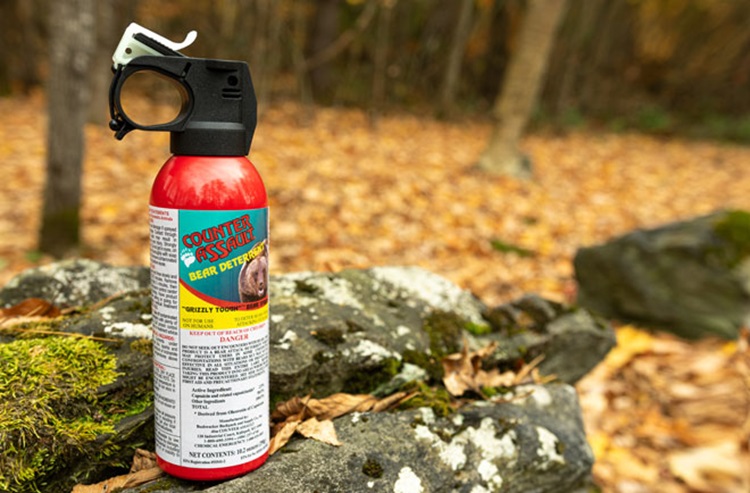The Safe Public Spaces (Street Weapons) Act officially came into force on Friday.
The new legislation aims to enhance safety in urban public spaces by regulating the possession, transport and storage of items that may be used as street weapons. These include knives, hypodermic needles, machetes, bear spray and dangerous drugs such as methamphetamine and fentanyl.
The Act only applies in municipalities and First Nations that choose to opt in. Those that do allow police to enforce consistent provincial rules. In areas that do not opt in, the legislation does not apply.
"The government is committed to increased public safety measures to ensure all Saskatchewan citizens feel safe and protected in their communities," said Justice Minister and Attorney General Tim McLeod. "The coming into force of this Act will empower law enforcement and give them an important tool to appropriately address individuals that use street weapons to intimidate or harm people in public spaces."
The legislation prohibits people from possessing items that could be used as street weapons in public areas, defacing or altering those items, or possessing such items that have already been defaced or altered.
Anyone found in violation of the Act may be charged with a provincial offence and face a fine of up to $5,000, up to one year in jail, or both.
Police have also been granted expanded authority to seize prohibited items from people in public spaces where there is a threat to public safety, even if no criminal charges are laid.
The province says the Act is part of its ongoing efforts to reduce the presence of fentanyl and methamphetamine in Saskatchewan communities and to protect public health.
Public spaces covered under the Act include parks, playgrounds, public buildings, vehicles in transit through public areas, unoccupied buildings or land, and common areas in apartments or condominiums. It also includes property entered without the owner's consent.
The government notes that many of the regulated items have legitimate legal uses. The Act includes exemptions for purposes such as food preparation, protection from wildlife, and medical use, such as hypodermic needles.
Details about the opt-in process are included in a background document provided by the province.
The Saskatchewan government has committed $2 billion to public safety over the 2024–25 and 2025–26 fiscal years. That includes a $28.4 million increase, bringing the total investment in policing and community safety to $699.4 million over two years. More than $518 million has also been allocated to improve access to justice services.
